WHEN he was 16, Lex Low made the life-changing decision to leave school and pursue hairdressing instead.
“I was judged very harshly, and there were times I looked back on my choices and wondered if I made the right decision,” he said, remembering those uncertain years spent slogging away in small hair salons while his friends pursue their studies overseas.
Undeterred, he persevered and carved a successful career for himself in hairdressing, eventually becoming a trainer at an international salon chain.
But after 13 years in the industry, he faced yet another difficult decision when a skin condition, psoriasis, brought his career to a screeching halt.
His condition deteriorated to a point where doctors recommended he stop handling chemicals – tough to do in the hair industry. The other option was even worse: quit altogether.
Once again, Low, now 29, had to re-assess his life. That’s when he started thinking about how he could work around his condition and use his skills to make a difference in the world.
He started barbering the homeless (a chemical-free process), and that’s when his world changed.
“When you cut hair, you become involved in the other person’s life,” he said. “It’s an eye-opening experience, learning to connect with the underprivileged, and humbling to see how grateful they are to be treated as humans.”
Empowering children
Even after helping the homeless, Low wanted to do more.
“I wanted to give more than haircuts,” he said. “I was thinking, ‘What can I do to touch lives with a pair of scissors?’”
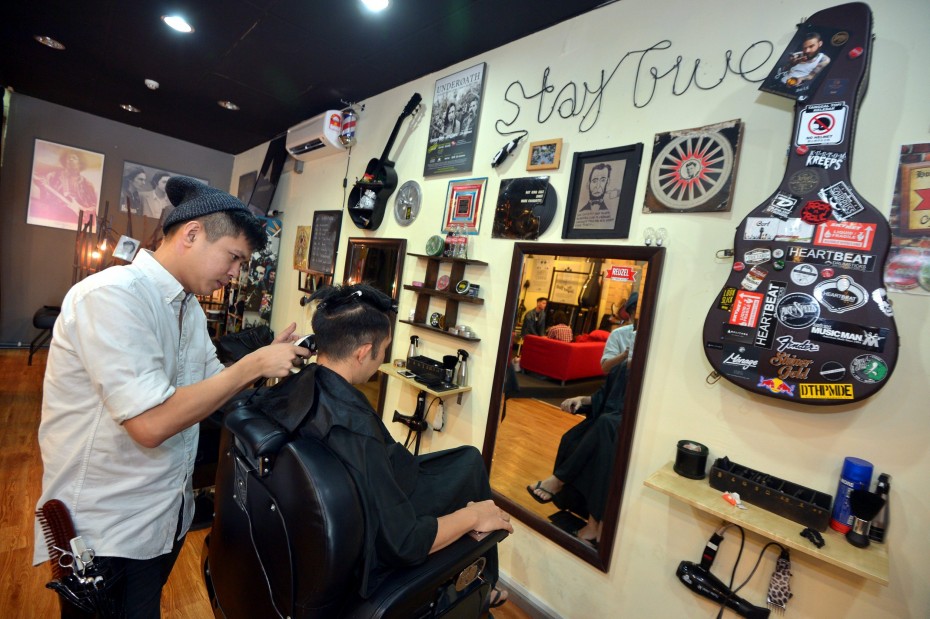
Hairdresser Lex Low has made it his mission to pass on his skills to refugee children, in the hopes of giving them a better future. ―Photo by: RAJA FAISAL HISHAN/The Star
The answer came last year when he met Reverend Elisha Satvinder, chairman and founder of Dignity For Children (DFC), a foundation dedicated to providing a holistic education to underprivileged children. Low volunteered to design and teach a six-month hairdressing syllabus, aimed at giving those children a useful skill that could very well be their ticket out of poverty.
“This is a skill that has a lot of potential. We’re facing tough economic times now but hairdressing is one industry that is still growing,” he said. “And who knows? One of these kids could be the next Vidal Sassoon!”
The classes started small – eight students training using portable mirrors and regular chairs, and each other as hair models. Low posted a plea on social media for funding for hairdressing tools, not wishing to burden the foundation with having to pay for anything. To his awe and surprise, help started flooding in, coming from as far as Britain and Canada.
“I had one lady walk into my shop holding a blank cheque like an angel from heaven,” he said. “All she said was: ‘Young man, I heard about your project. How much do you need?’”
The contributions he received were enough to pay for his teaching aids, as well as sets of scissors and tools, to be presented to students graduating from the course.
Now, the course – while still small because he is the only teacher – boasts equipment like two hair washing stations, as well as products from sponsors like L’Oreal and Wella. While
Low’s main focus is on his forte, hair-cutting and styling, he also constantly works to bring in experts to teach other subjects such as hair colouring.
So far, one batch of students has already graduated, while a second batch is still honing their hairdressing skills.
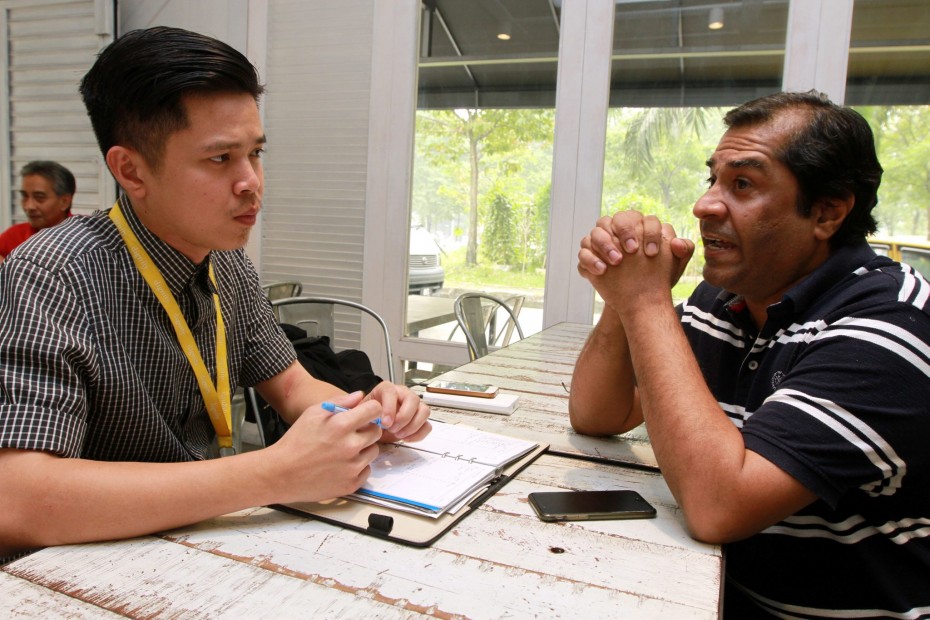
Low and Reverend Elisha both have a common goal – to help break the cycle of poverty. ―Photo by: LOW LAY PHON/The Star
Feeling good doing good
The amount of satisfaction Low has derived from this endeavour is immeasurable. One of his students, a 17-year-old Myanmar refugee, was recently relocated to the United States and is now applying her hairdressing skills there.
“Her ability to cut hair is earning her around US$10 (RM42) per customer,” he said with pride.
“So she’s earning pocket money while pursuing her studies! And it all started with the DFC foundation. What more can I ask for in my career?”
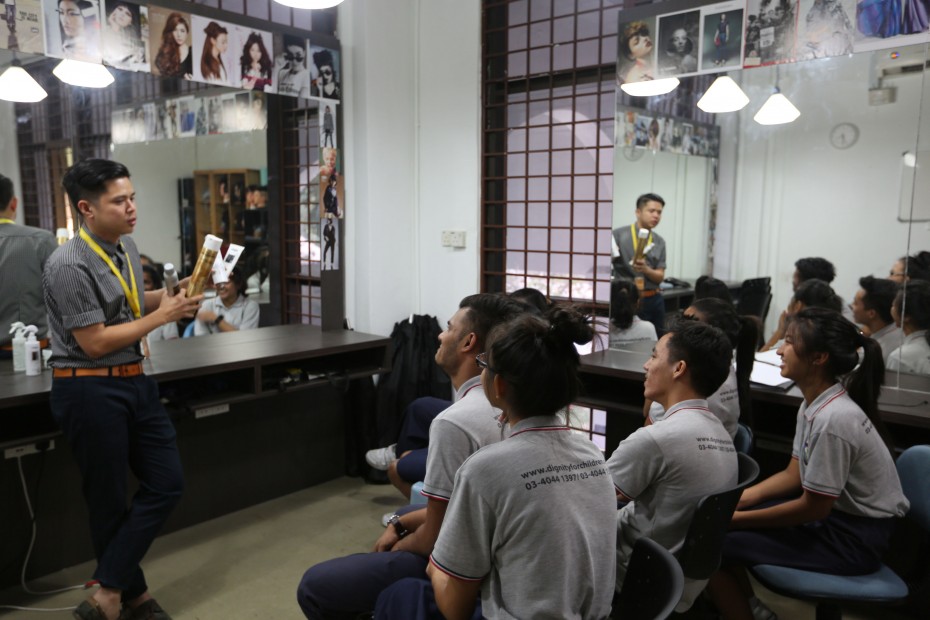
Low volunteered to design and teach a six-month hairdressing syllabus to underprivileged children, in the hopes of helping them break the cycle of poverty. ―Photo by: Lim May Lee
Not all his students have such happy endings, though. Many struggle to find gainful employment.
“Some of my students are stateless children,” he said. “Without a proper MyKad it’s very difficult to get them a proper job.”
While many of them refuse to talk about their past, and their futures remain uncertain – some may be relocated by United Nations High Commissioner for Refugees (UNHCR) while others may have to battle to be recognised as citizens – today they are just children clowning around in class with their hairdressing teacher.
These children look nothing like the big-eyed waifs one might see on TV. They look robust and mischievous, full of life and, yes, hope. And that hope is what makes all the difference.
Breaking the cycle
Low has come a long way from the days he used to earn RM400 a month working in small neighbourhood salons, ridiculed by friends and family over his choice to leave his studies behind. Now, he not only makes a difference in people’s lives, but has also been doing well business-wise and owns a salon, a barbershop as well as a company producing his own line of pomades.
While his battle with psoriasis continues, Low says he is determined to stay in his profession and has shifted his energy and attention towards barbering and mentoring others.
“I understand what it feels like to fight for what I believe in,” he said, when asked what inspired him to help the underprivileged, adding that it was his early trials and tribulations that made him empathise with his young students’ situations.
“I’ve been there. I’ve also been stereotyped and looked down upon,” he said with feeling. “My background made me want to empower those who are underprivileged, and give them a skill that would stay with them for the rest of their lives.”
The message he wants to share is simple. “Don’t underestimate learning a skill,” he said. “It is what can help people break free from the cycle of poverty.”
Giving children dignity
Dignity For Children is a foundation that hopes to help children in Malaysia break the cycle of poverty.
“My wife and I wanted to help children become better educated, instead of just giving them food and groceries,” said DFC founder and chairman Reverend Elisha Satvinder. “But then we realised so many of them couldn’t even read or write, even the 12-year-olds.”
Demotivated at school and unsupported at home by uneducated parents, these children often ended up dropping out of school, but Elisha was determined to give them an education anyway.
Founded over 10 years ago to give poor urban children a shot at an education and a better future, DFC provides classes in basic mathematics, English, science and accounting, and gives them opportunities to train for industries like F&B, landscaping, and, yes, hairdressing.
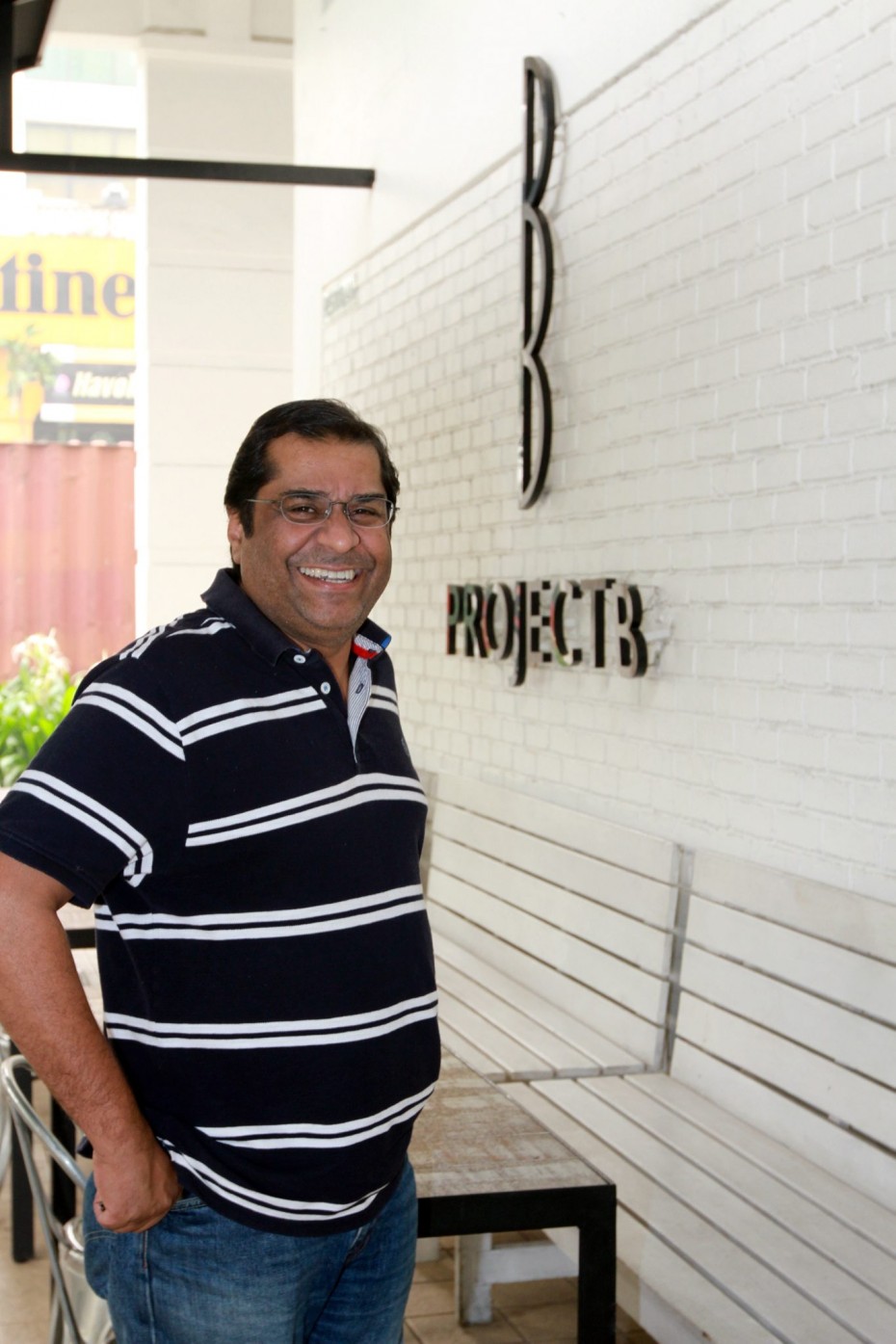
Reverend Elisha just wanted to help some underprivileged children with their schoolwork, but soon discovered the true depth of the education problem amongst the urban poor. ―Photo by: LOW LAY PHON/The Star
DFC’s classes start from preschool level, where fees are a relatively inexpensive RM600 a year on average. There’s also a special welfare system for children whose parents cannot afford the fees.
The foundation also has a café, Project B, which was set up with the support of the BIG Group, which runs popular restaurants like Ben’s and Plan B.
Project B is DFC’s social enterprise, run by teenagers getting first-hand experience in the F&B industry, in line with the foundation’s aim to ensure young people have skills that will help lift them out of poverty.
“At Dignity, it’s about empowerment and going on a journey together to improve people’s lives,” said Elisha.
“It’s been a bumpy ride, but today, one of our students came to say goodbye and thank you – he’s being relocated to the United States under the UNHCR. I’ll go home feeling good now.”
Find out more about Dignity For Children at dignityforchildren.org.

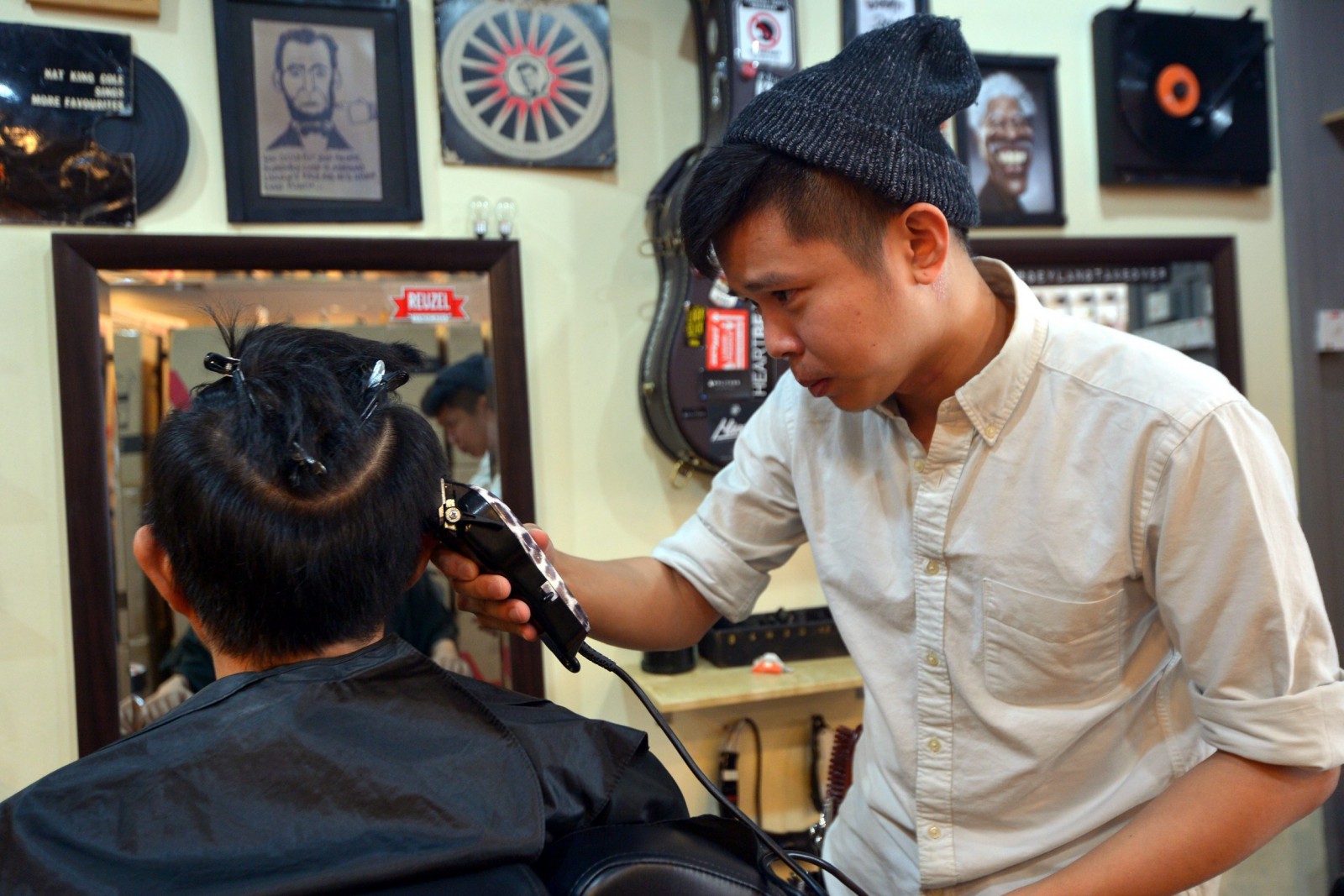





Tell us what you think!